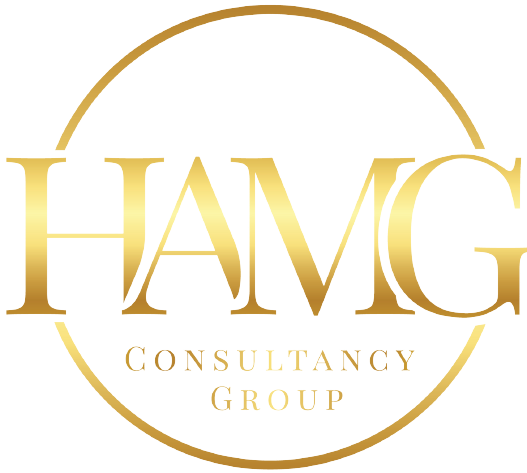On some previous topics we discussed the benefit of internal audit and role it plays in preventing and deducting fraud and errors. While having an internal audit function can provide numerous benefits to an organization, several factors can limit its effectiveness. Some of these limitations including some examples and :
- Inadequate independence: Internal auditors should maintain a certain level of independence to ensure unbiased assessments and reporting. However, if they face undue influence or interference from management or other stakeholders, their independence may be compromised, limiting the effectiveness of the audit function.
- Insufficient resources: A lack of adequate resources, including budgetary constraints, staffing limitations, or inadequate technology and tools, can hinder the ability of the internal audit function to perform its duties effectively. Without sufficient resources, auditors may struggle to conduct comprehensive audits or cover all areas of the organization.
- Limited expertise: Internal auditors need to possess the necessary knowledge and skills to assess various business functions and risks. If the audit team lacks the expertise required to understand complex processes or industry-specific regulations, it may result in inadequate audits or missed opportunities to identify significant issues.
- Ineffective communication: Clear and effective communication is crucial for the internal audit function to convey audit findings, recommendations, and potential areas for improvement to management and other stakeholders. If auditors fail to communicate their findings in a concise and understandable manner or if there is a lack of engagement from management, the impact of the audit function may be diminished.
- Resistance to change: Internal auditors may encounter resistance from employees or management when recommending changes or improvements to existing processes. If the organization is resistant to implementing audit recommendations, it can limit the benefit of the audit function as potential risks and issues may remain unaddressed.
- Inadequate risk assessment: A comprehensive risk assessment process is essential for effecti壯陽藥 ve internal auditing. If the internal audit function fails to identify and prioritize the organization’s key risks accurately, it may result in the allocation of inadequate resources and focus on areas that are not critical, thus limiting the overall benefit.
- Lack of top management support: Strong support from top management is crucial for the success of the internal audit function. If senior management does not prioritize or value the role of internal audit, it can lead to limited access to necessary information, insufficient authority, or insufficient backing for implementing audit recommendations.
- Regulatory and legal constraints: Depending on the industry and jurisdiction, certain legal and regulatory constraints may restrict the scope or effectiveness of the internal audit function. Compliance requirements, privacy regulations, or legal restrictions on the access to certain information can limit the ability of internal auditors to perform their duties thoroughly.
It is important for organizations to address these limitations proactively and provide the necessary support, resources, and independence to ensure that the internal audit function can effectively fulfill its role in promoting accountability, risk management, and operational excellence.
why choose HAMG?
We at HAMG Consultancy Group have team of expert professionals who are capable to assist the client to carry out their internal audit activities and give proper advises to improve internal feel free to contact us.




